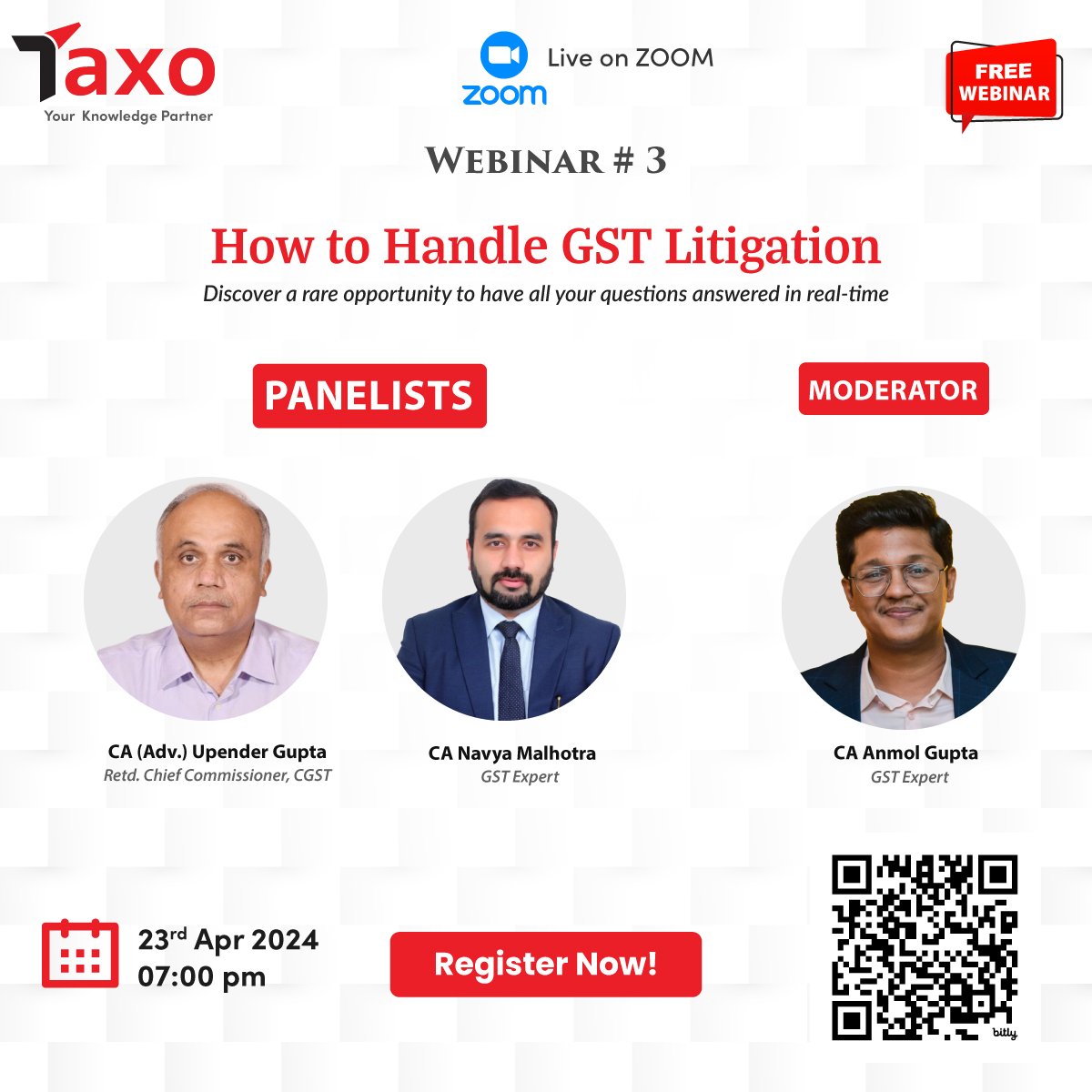Recently, High Court of Tripura Agartala, in the matter of M/s Sahil Enterprises vs. Union of India, reported in IA No.1/2021 with WP(C) No.531/2021, held that department cannot restrict to debit the amount available in electronic credit ledger after expiry of one year from the date of imposing such restriction.
The petitioner is a trader and, on the purchases made the petitioner had paid Goods and Services Tax (GST). According to the department, the purchaser in turn has not deposited this tax with the Government revenue. The petitioner cannot be saddled with the liability of paying this tax on account of lapses on part of the purchaser. The Commissioner of Central Goods and Services Tax has invoked the powers under Rule 86A of Central Goods and Service Tax Rules, 2017 and issued the demand-cum-show cause notice for disallowing the debit of an amount equivalent to Rs.1,11,60,830/- from the electronic credit ledger of the petitioner.
Appeals have been filed, Mr. J Bansal, counsel for the petitioner, on the ground that the provisional attachment under Rule 86A can be made only for a period of one year and no more. In the present case, the attachment of the petitioner’s ledger account was ordered on 21st May 2020. More than a year has passed since then. Thus, such attachment, therefore, must be lifted.
On the other hand, the Asstt. Solicitor General, Mr. Bidyut Majumder and learned Attorney General Mr. Paramartha Datta appearing for the respondents contended that the petitioner has claimed tax credit without the tax being deposited with the Government revenue. In order to safeguard the interest of the revenue, therefore, the Commissioner had exercised powers under Rule 86A of the said rules.
Rule 86A of CGST Rules 2017, provides that provides conditions of use of amount available in such electronic credit ledger. As per sub-rule (1), the Commissioner or an officer authorized by him in this behalf, having reason to believe that credit of input tax available in electronic credit ledger has been fraudulently availed or is ineligible for the reasons stated in Clauses (a) to (d) contained therein, he may for reasons to be recorded in writing not allow the debit of any amount equivalent to such credit in the ledger account of the person concerned for discharge of the liability under Section 49 or to claim any refund of unused amount. As per sub-rule (2) of 86A, the Commissioner or the authorized person may, upon being satisfied those conditions for disallowing credit of electronic credit ledger no longer exists, allow such credit. Sub-rule (3) of Rule 86A which is of importance provides that such restrictions shall cease to have effect after the expiry of a period of one year from the date of imposing such restrictions.
After hearing both sides, the division bench of Justice S.G. Chattopadhyay and Justice Akil Kureshi observed that the decision to impose such restriction would be taken by the Commissioner or a person authorised by him upon being satisfied that the input tax credit has been fraudulently availed or is ineligible. Further, the restrictions that can be imposed on use of amount available in electronic credit ledger of a person can be by way of a temporary measure for a period not exceeding one year. This is an interim measure and, therefore, cannot take shape of a permanent arrangement. “If the department wants to permanently disallow credit of accumulated amount in the ledger of a dealer, it must adjudicate the issue and pass an order after bi-parte hearing. Sub-rule (3) of Rule 86A clearly brings about this legislative intent while it provides that such restrictions shall cease to have effect after the expiry of a period of one year. The court said, that “Two things are significant in this sub-rule; first, there is no scope of extension of this time and secondly, upon expiry of a period of one year the effect of the restriction seizing to take effect would be automatic.
In Last, Hon’ble High Court of Tripura Agartala decided the case in favor of the assessee. It ruled out that the department cannot continue to subject the petitioner’s electronic credit ledger to the restrictions imposed by the Commissioner, on 21st May 2020. The same shall be released. In other words, it would be open for the petitioner to utilise the amount credited in the said ledger for the purpose of payment of its taxes in accordance with law.


